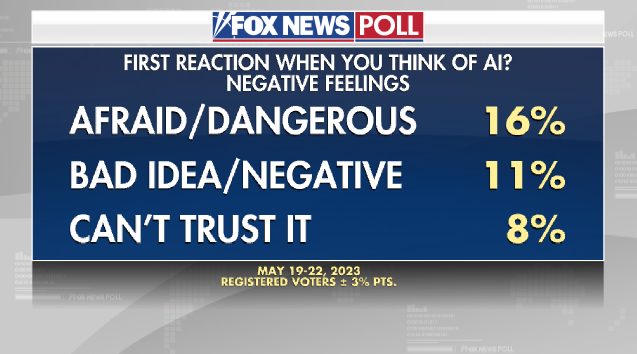As Texas continues to grapple with an ongoing crisis at the southern border, now into its third year, Republican-led states are stepping up by sending troops, law enforcement and other resources to help secure the southern border.
This week both Tennessee and Nebraska announced they would be sending personnel to the border, joining Mississippi and Florida in doing so. Tennessee announced a deployment of 100 National Guard members, while Nebraska announced the deployment of 10 state troopers.
‘America continues to face an unprecedented border crisis that threatens our nation’s security and the safety of Tennesseans,’ Tenn. Gov. Bill Lee said in a statement on Wednesday. ‘The federal government owes Americans a plan to secure our country, and in the meantime, states continue to answer this important call to service. I am again authorizing the Tennessee National Guard to help secure the Southern border, and I commend these troops for providing critical support.’
‘Our nation has a serious and unchecked threat on its hands following President Biden’s decision to end Title 42,’ Nebraska Gov. Jim Phillen said. ‘Nebraska is committed to using every tool in its tool box to help stop the influx of illegal immigration at our southern border. Illegal immigration hurts our nation’s security, undermines the rule of law, and threatens the wellbeing of our state.’
Texas has been on the front lines of the crisis since it began in the early months of 2021. While the causes are widely debated — with Republicans blaming the Biden administration’s policies and the administration blaming Republicans for failing to provide funding and immigration reform — the numbers have been enormous.
There were more than 1.7 million migrant encounters in FY 2021, and more than 2.3 million in FY22. There have so far been over 1.4 million migrant encounters in FY 23 recorded until the end of April, with five months still left of the fiscal year.
Texas has surged resources to the border with Operation Lone Star, while the Biden administration has also touted its own resources it has sent to the border, including at the ports of entry and extra processing power. But now states with Republican governors are mobilizing, particularly as the Title 42 public health order has ended — which allowed for the rapid removal of migrants at the border due to the COVID-19 pandemic.
Florida Gov. Ron DeSantis had announced last week that his state was deploying resources to aid Texas.
The governor’s office said Florida has more than 1,100 assets and resources available to assist, including 101 Highway Patrol personnel, 200 Department of Law Enforcement officers, 800 National Guard soldiers, emergency management personnel, 17 unmanned drones and 10 vessels, including airboats.
‘The impacts of Biden’s Border Crisis are felt by communities across the nation, and the federal government’s abdication of duty undermines the sovereignty of our country and the rule of law,’ DeSantis said in a statement.
‘At my direction, state agencies including law enforcement and the Florida National Guard are being deployed to Texas, with assets including personnel, boats and planes. While Biden ignores the crisis he created, Florida stands ready to help Texas respond to this crisis,’ he said.
Texas Department of Public Safety spokesperson Chris Olivarez wrote in response, ‘We welcome the support from the state of Florida as they will provide additional law enforcement resources to help combat criminal activity & interdict deadly narcotics.’
A day later, Mississippi Gov. Tate Reeves said this state is mobilizing National Guard troops to help secure the border.
‘What happens at the border doesn’t stay there. Drugs and people are trafficked to every state in the nation – including Mississippi,’ Reeves said. ‘To keep Mississippians safe and limit the impact of our nation’s open borders, the Mississippi National Guard’s 112th Military Police Battalion has been mobilized and is supporting Customs and Border Protection officers and agents along the Southwest border.’
The Biden administration has been cautious about such efforts, with officials recently suggesting that the move by Florida was politically motivated.
‘Outstanding coordination is taking place at the local level each and every day. We have seen, however, at times that Gov. DeSantis and [Texas Gov. Greg Abbott] take actions that are being done really for purely political reasons and that do not involve the kind of coordination that we really need to see at the border,’ Department of Homeland Security official Blas Nunez-Neto told reporters last week.
‘We are confident in our men and women on the front lines, ability to conduct their border operations in a safe, humane and secure manner. And we again call on the governors to make sure that any steps they take are done in coordination with our federal personnel,’ he said.
Meanwhile, numbers have plummeted at the border compared to the highs seen in the days leading up to the end of Title 42, when agents encountered over 10,000 migrants a day. Numbers have since dropped to an average of around 3,000 a day, officials said last week.
Adam Shaw is a politics reporter for Fox News Digital, primarily covering immigration and border security.
He can be reached at adam.shaw2@fox.com or on Twitter.
This post appeared first on FOX NEWS










